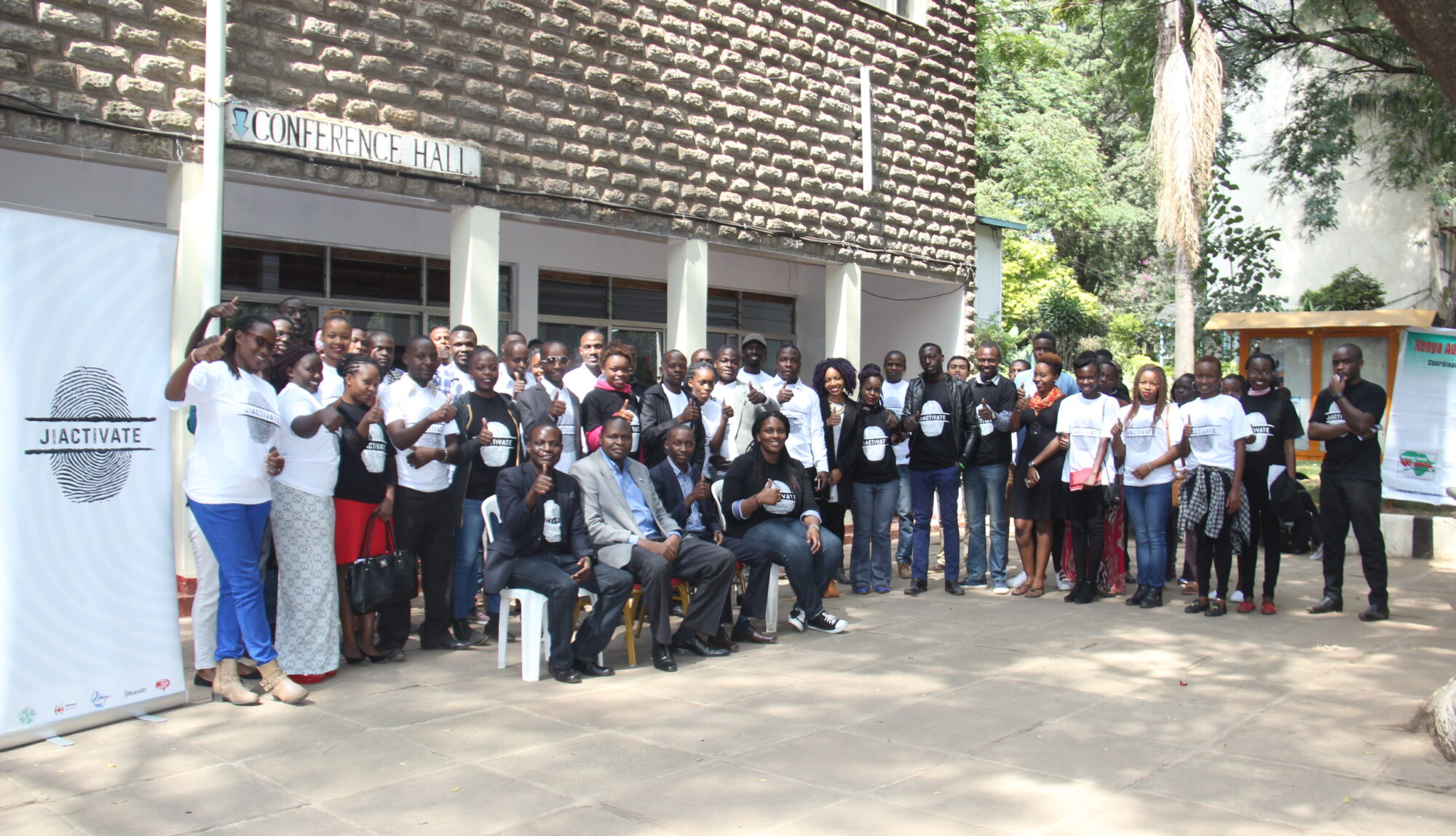Character refers to changes that guide a person’s behavior such as; thoughts, attitudes, and motivations. Development on the other hand is a process that creates growth, progress, or aimed towards a certain change. Hence, character development has an impact on an individual’s growth. The thoughts, attitudes, and perceptions of an individual tend to change as he/she grows or progresses. Growth is very natural and is impacted by one’s surroundings. Body development is categorized as growth awarded to all living creatures and defined by the environments you are associated with. However, growth can be knowledge-wise in terms of what you know and your attitude toward people’s perceptions and laws or policies.
Human beings are growing every day and they develop skills that assist in innovation approaches targeting their knowledge growth and survival. However, acceptance to learn at a certain stage of life is a challenge to many. Ignorance and poor attitudes towards learning hinder knowledge growth. Among young people, exposure, knowledge, and skills are attributed to growth. In a nutshell, learning is a continuous process.
Thoughts, attitudes, perceptions, and motivation contribute a lot to behavior change as young people progress in life. This may have an impact on the way they make decisions including those on their reproductive health. Exposure to reproductive health knowledge is essential to help young people make informed decisions on their reproductive health. Empowering them through sexual health education improves their perceptions and knowledge of sexual health. Knowledge on sexual health enhances adolescents’ ability to understand changes that take place in their bodies and how they impact their sexual reproductive health. By this, they can report and prevent themselves from sexual violence and make informed choices.
According to Kenya Demographic Health Survey (KDHS), 2015, adolescents and youth (AY) between 15-24 years have had sexual intercourse before the age of 15 years. Similarly, 47% of young women and 55% of young men between the ages of 18-24 years have had sexual intercourse before the age of 18 years. Further, African Institute for Development Policy (AFIDEP) documented KHIS (2020) fact sheet which indicates an increase in teen pregnancy (10-19years) in Kenya between January to May 2020. Nairobi is leading with 11,795 cases (2020) compared to the previous 11,410 cases (2019), thus an increment of 385 cases. The high sexual debut and confirmed pregnancy cases are an indication that adolescents are engaging in unprotected sex. Hence, apart from pregnancy, they are also at risk of contracting STIs and HIV/AIDs.
As Citizens of Kenya the constitution (2010) [Article 43 (1)] provides all citizens with the right to the highest attainable standard of health, which includes the right to reproductive health care services. The National Guidelines for Provision of Adolescent and youth Friend services in Kenya further emphasizes on National Adolescent Sexual Reproductive Health Policy provisions. Among other policy guidelines, I believe in effective implementation and responsive meaningful youth and adolescents engagements in behavior change dialogue forums.
